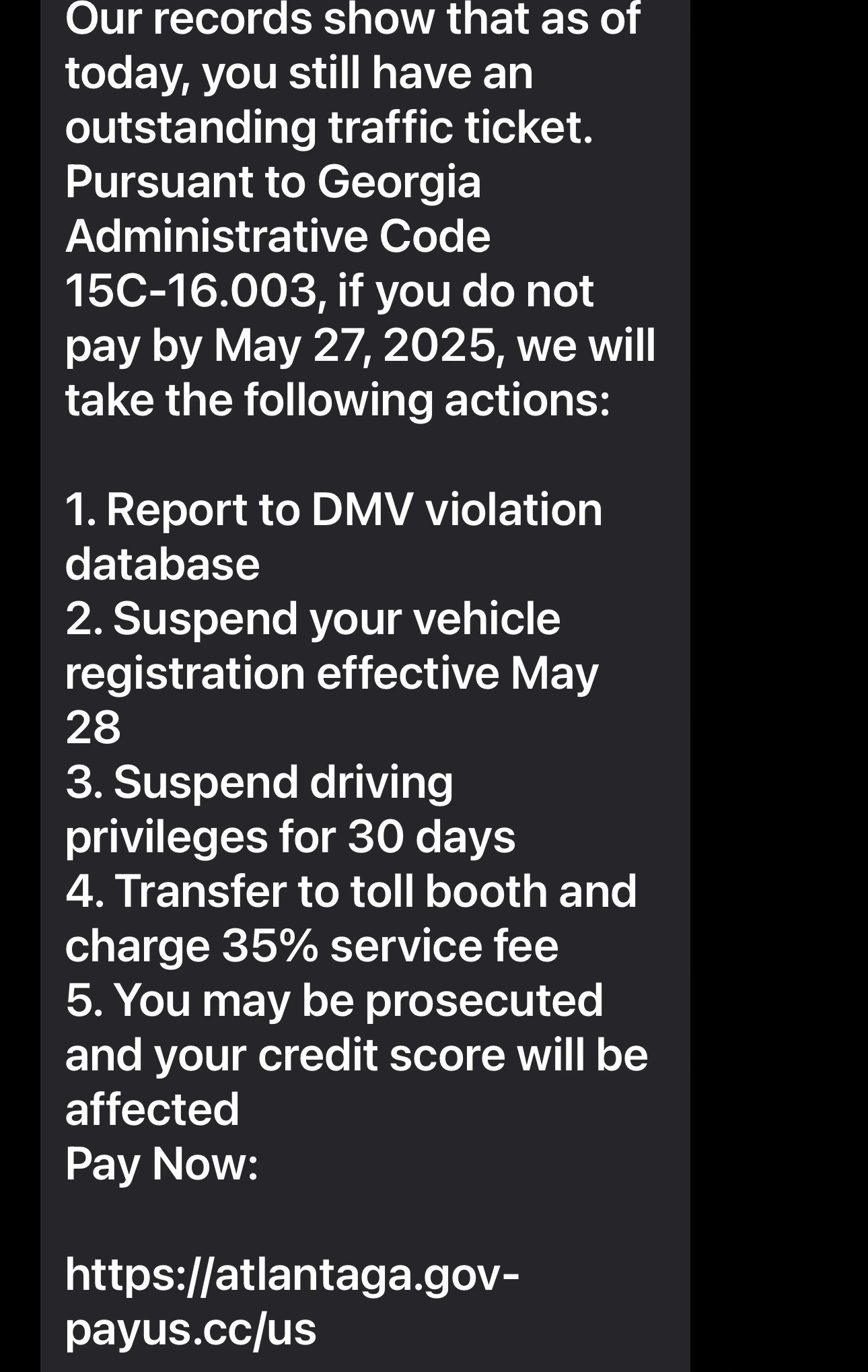We’ve all been worrying—rightfully—about AI stealing the work of artists and authors. That’s a valid and growing concern. In March of this year, I found out that Meta’s engine, according to The Atlantic, scraped 27 of my 28 published books.
The only reason it didn’t get March’s release A Wager at Midnight was because it hadn’t hit the shelves yet. Theft in broad daylight.
But this goes deeper than just copyright violations. We’re seeing something more insidious: the rise of AI-generated scams, fakery, and lies. And I’m not talking about science fiction. I’m talking about now.
On platforms like TikTok and X, faked videos are being created and/or shared with shocking ease—videos that can ruin reputations, twist narratives, and even make the UK tabloid press bite and republish the lies for a wider international audience. I’ve seen articles run in The Daily Mail that pose lies as questions, which gives dodgy accountability while still spreading misinformation. It’s manipulation masquerading as curiosity. Yet many look at lying headlines and accept them as true.
A report by Upwind published in December says that 87% of Americans are worried about being scammed by AI. That is a lot of people. It’s a huge concern, especially when truth tellers are losing their jobs or seemingly capitulating because of fears of being sued, losing access, or targeted and harassed. The “other side” is not just lying but they are weaponizing the instruments that we are supposed to trust and inflicting consequences on anyone saying or writing something they disagree with.
The Big Beautiful Lies
I must say, the lies can be compelling. Let’s look at an easy topic, travel. I mean, who doesn’t want a travel guide? I buy them quite often for research on big cities or exotic locations.
According to Axios, AI-generated travel guides, self-help books, and even mathematics are popular to scam. Now I have to say—math is hard enough. Why are you going to use a robot to put up something that can hurt a kid’s education. And please don’t have my characters walking down the wrong streets.
Yet the boldness of the lying is getting worse. People are using AI to write books and then publish them under real authors’ names. Savannah Guthrie in 2024 was done so dirty. She wrote the book Mostly What God Does. Scammers using AI wrote workbooks, studies, and companion guides for her book and published them on Amazon under her name.
Kara Swisher, the tech maven faced it too: fake “biographies” about her own life showed up ahead of her memoir’s release, Burn Book, in 2024. Jane Friedman details on her blog her own horror story, where a scammer used AI to write Friedman-like books, and then published those books under Friedman’s name. And the proceeds went to the bots.
These AI scams confuse real readers. They have the potential to damage reputations and dilute the credibility of authors—an author’s brand can take decades to build.
Imagine what happens to a debut author whose idea has become popular on TikTok, getting beat to her book launch by an AI scam. And because debuts aren’t yet industry names, they lose the credibility game.
I used to think that AI scams were going to catch my grandma or folks not paying attention. Nope. AI is giving thieves the ability to put together more convincing emails and websites to ensnare everyone. It’s not just grandma and Social Security, or the foreign soldiers needing help to get a fortune out of a war zone—we’re talking sophisticated scams that use AI to reconstruct your habits. They may be scanning emails or even listening to conversations through AI upgrades on things that shouldn’t have AI at all.
This is phishing on a whole new level. And we’re all set up to be scammed. It’s no longer going to be easy to tell a scam by bad grammar, doxing, or fraudulent websites. AI is making everything harder to detect. AI should be used to make things better, but in the hands of bots and scammers it is a nightmare.
No Free Rides or Shades
I recently did a small brand deal for gummy vitamins. I choked on a cornflake as a kid—swallowing is hard. And please don’t even think of me taking anything that’s a horse pill. Anyway, now I’m getting little offers. Most of the offers that don’t come from a collaborator’s platform are probably scams. So there are no free sunglasses.
How do we protect ourselves?
You can’t trust your eyes anymore. Nor your ears—AI can clone a voice. It can fake a face. It can forge a whole book.
But you can protect yourself:
Verify Every Fact – Before you repeat or share get several sources. I want to say reputable, but that’s hard to define right now.
Check Sources That Don’t Agree With You – Find several and verify dates, times, etc. If they match, you have a fact. If they don’t, you have a lie, a manipulation, or someone’s opinion.
Search Smart – Check authors’ websites, join their newsletter, and follow creatives on their official accounts before buying.
Report Scams – Don’t stay silent. Amazon, TikTok, and the FTC need to hear from us.
Don’t Be Ashamed – If you got scammed, tell someone. Put it on blast. Be someone else’s keeper.
Check the FTC’s Resources – The Federal Trade Commission is watching this space. The rules are there and often include ways of reporting issues.
We are in an era where you can no longer believe your lying eyes. The truth takes longer to verify, and the fakers are only getting smarter.
Artists, writers, creators: your work is valuable. But we must fight smarter and speak louder to help our readers and audiences find the truth. This is going to be a long battle, but we must not be silent. We can never let up the fight. Be vigilant while being creative.
Books to bring awareness of the problem are:
Weapons of Math Destruction: How Big Data Increases Inequality and Threatens Democracy by Cathy O’Neil
A sharp critique of how algorithms can be biased, dangerous, and largely invisible. It explains how AI systems make life-and-death decisions, often with no accountability.
The Coming Wave: AI, Power, and Our Future
This book explores how fast-moving technologies—especially AI—can outpace regulation and become tools for manipulation, chaos, and control. It’s a smart, accessible read on the dangers ahead.
And of course lets aid:
Burn Book by Kara Swisher
A sharp, insider memoir exposing the rise of Silicon Valley’s power players and how tech’s promises turned into threats to truth, privacy, and democracy.
Mostly What God Does by Savannah Guthrie
A heartfelt collection of reflections on faith, love, and grace, offering spiritual encouragement grounded in everyday life.
Check out Jane Friedman’s Website for her latest books.
This week, I'm highlighting Park Books through their website and Bookshop.org
Help me build momentum for Fire Sword and Sea—spread the word and preorder this disruptive narrative about female pirates in the 1600s. This sweeping saga releases January 13, 2026. The link on my website shows retailers large and small who have set up preorders for this title.

Show notes include a list of the books mentioned in this broadcast. Paid Subscribers Your Next Lesson on Build-A-Better-Character is coming this week.
You can find my notes on Substack or on my website, VanessaRiley.com under the podcast link in the About tab.
Let's keep growing and building together—like, subscribe, and share. Please stay connected to Write of Passage.
Thank you for listening. Hopefully, you’ll come again. This is Vanessa Riley

















Share this post